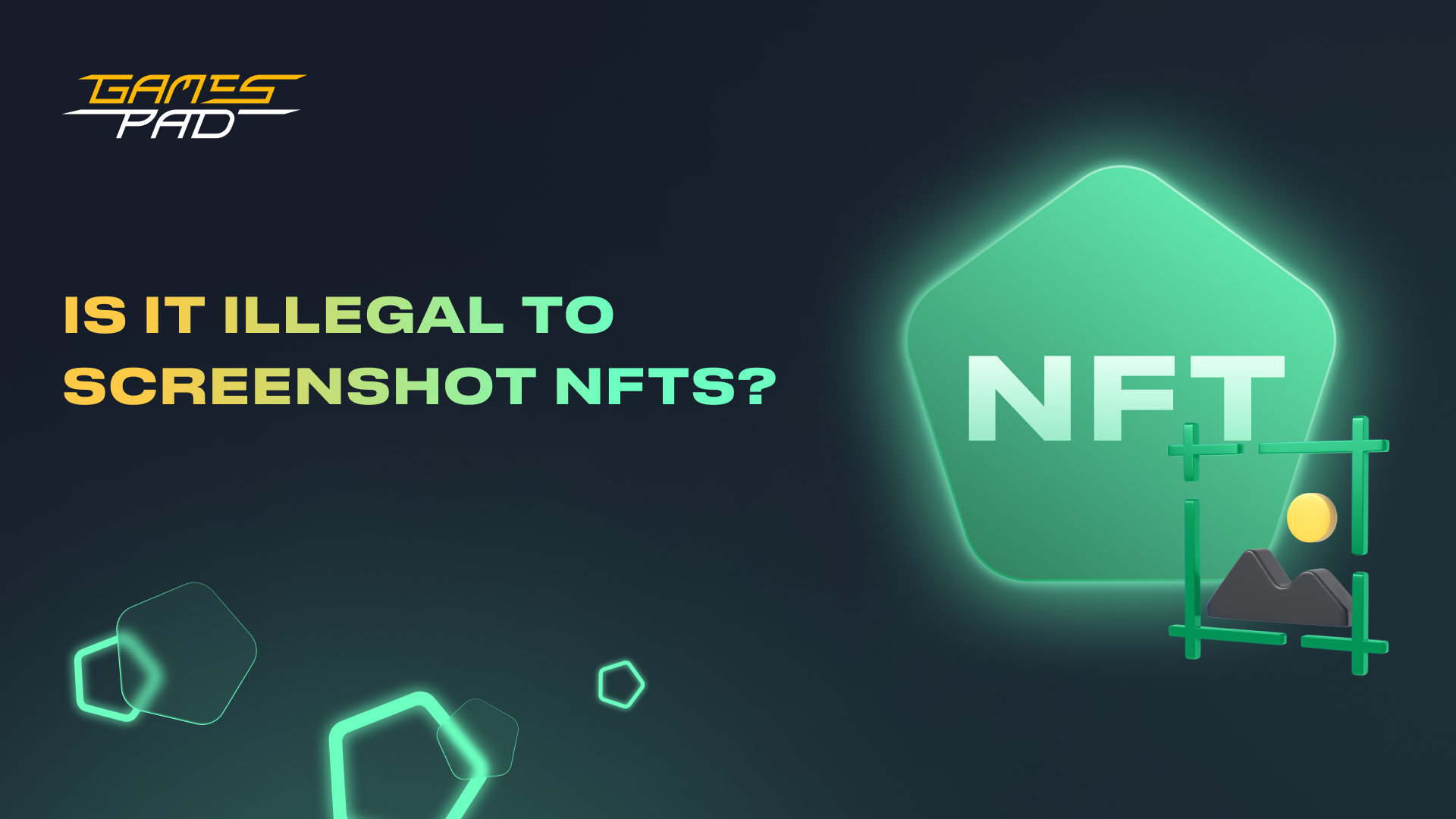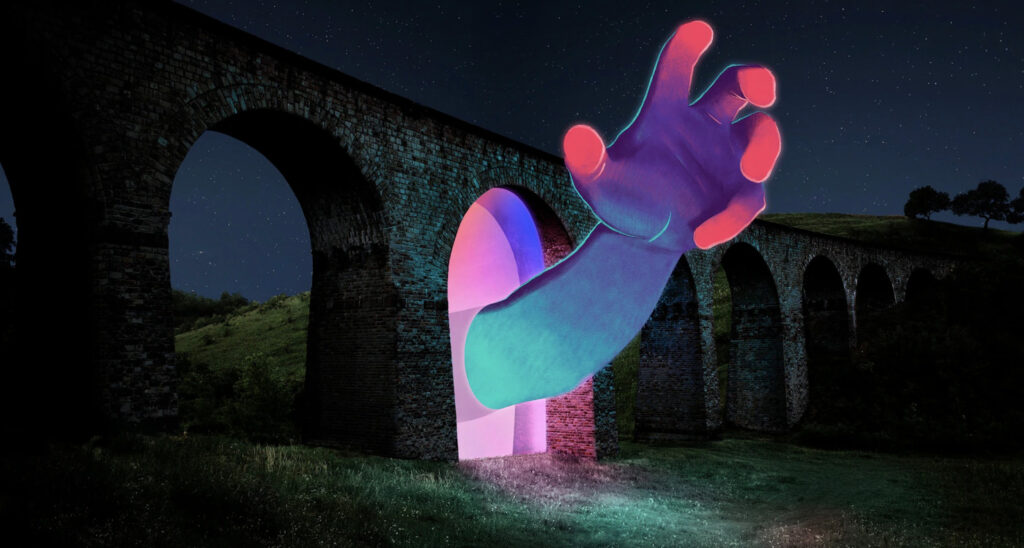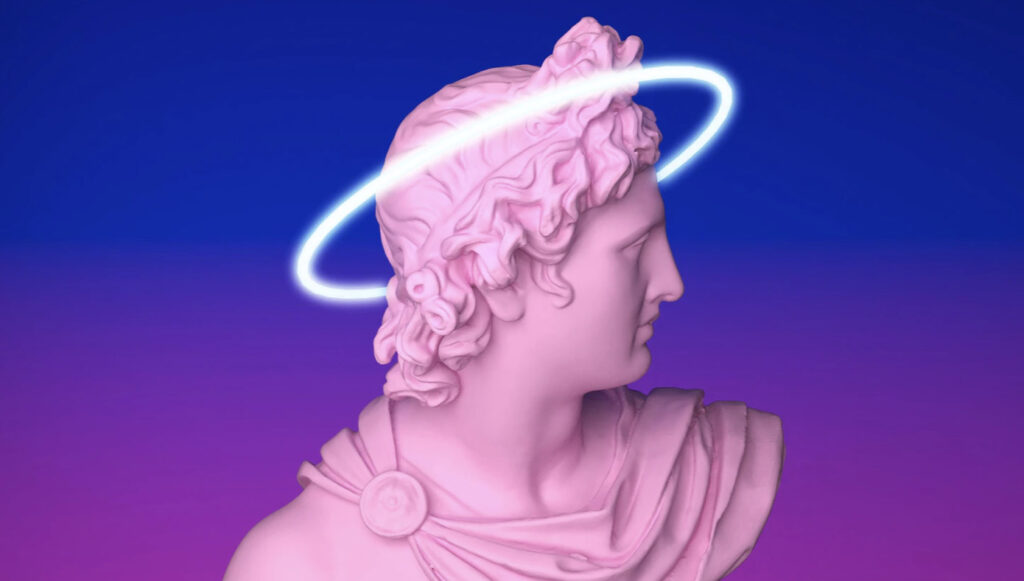
Non-fungible tokens (NFTs) are unique digital assets. They cannot be replicated or replaced one by another without affecting their value.
In most cases, when we speak about non-fungible tokens, we mean pieces of art such as paintings, drawings, pieces of music, songs, and similar, which are protected by copyright in the real world.
Thus, a logical question arises: is it illegal to screenshot or record an NFT? Does this action violate any intellectual property legislation or copyright laws? If it is not illegal to screenshot and copy them, why then one has to pay thousands or millions of dollars to purchase NFTs?
Let’s explore this complex topic together.
NFTs are created through a process called minting. This process includes the creation of a new block, validating it, and closing the block.
While it looks like minting is almost the same as creating any other transaction on a blockchain, there is one significant difference: in minting, a smart contract is involved that assigns the NFT ownership. Each token has a unique current owner, and the ownership information is available publicly on a blockchain.
Each newly minted token, even if it is from the same collection, has a unique identifier and differs from other tokens.
NFT tokens can represent anything, and the entire range of their use cases in the real world is not explored yet. Now, we distinguish the following NFT use cases.
Any photographer can tokenize his works and move them to a blockchain. When a user buys them, he gets full or partial ownership, depending on how the NFT was minted.
Tokenized cards for trading are one of the earliest NFTs, and they are popular now. Some cards are used just as collectibles, while others represent different types of assets in video games.
Some NFTs can unlock various benefits within a project or unlock benefits.
Collectibles can represent anything. In the world of NFTs, we are more familiar with such collections as Bored Ape Yacht Club by Yuga Labs or NFTs that represent famous brands or personalities such as Snoop Dogg, etc.
This category includes all types of digital artwork: pixel art, paintings, drawings, etc.
Music pieces and songs can also be tokenized and moved to a blockchain. Their creators can give the buyers and users the range of rights they consider necessary.
This classification is not complete. An NFT is basically a tokenized version of anything. They can be used now to tokenize whatever.

Is it illegal to screenshot an NFT? As we can see, all NFTs are available directly on a blockchain. So why shall one pay so much if it is so easy just to screenshot any NFT you want?
Moreover, there are plenty of NFT screenshot memes, and there are even special websites that sell copies, such as the NFT Bay permits you to download these “art” pieces for free!
But are those screenshots as valuable as the originals? If you take a photo of the Mona Lisa by Leonardo da Vinci, will it have the same value as the original artwork?
The same can be said about an original NFT residing on a blockchain and screenshot NFTs that live on Web 2 or in your device.
Another thing to consider is that many NFTs give additional perks to their holders such as participating in events, accessing specific benefits such as privileged sales, early access to new collections, etc. NFT owners gain access to the project’s merchandise store, airdrops, and other privileges that screenshot NFTs do not provide.
Therefore, in the matter of functionality, an NFT image offers nothing.
Now, let’s move to legal matters. How is ownership handled when an NFT is copied or screenshotted?
When an NFT is minted, a smart contract creates a certificate of authenticity. So, the rightful owner can always prove his ownership over the digital file, and one can always verify ownership on a blockchain.
If you take a screenshot of a digital artwork: a painting, picture, or any other piece of digital art, and post it online, it will be just an image without any real value. This is the main difference between a simple screenshot and an original piece.
But things change if you take the screenshot and mint a new NFT by using this screenshot or if you mint your own NFT and use the screenshotted image to sell it as if it were the real thing. In this case, you are risking not only getting the negative attention of the community and the NFT creator, but this is already a copyright infringement, and the NFT creator can sue you.
Yes, NFTs, like any other type of real-world and digital art, are protected by intellectual property rights, and any copyright infringement can have serious legal consequences.
The immutability of blockchain allows for easy tracking of any NFT and verifying whether it is an original digital asset or just a digital image without any underlying value.

Non-fungible token screenshotting doesn’t have an impact on the NFT space and NFT market. there is a common misconception that if you screenshot an NFT, it impacts the entire business model in a negative way.
NFTs derive their value from their easy trackability. Every NFT purchase is recorded on a blockchain, and anyone can verify the digital ownership and the ownership right transfer – partial or full, depending on what the NFT creator decides. Digital ownership cannot be modified or canceled due to its blockchain nature.
Those who screenshot an NFT cannot prove their ownership of the digital asset. This is what makes NFT screenshotting pointless, which is why there is no screenshot issue, at least the one that affects the NFT space in any significant way.
While taking NFT screenshots is not illegal; we shall admit that there are still many issues to solve when it comes to determining whether and how intellectual property shall be protected in the world of NFT projects.
While everything is clear and regulated in the world of physical art, the world of digital assets is still immature. Digital art collectors and NFT platforms face challenges connected with regulation unclarity, among others. So, for example, the following questions are still unclear:
How can the process of NFTs minting be enforced by law in case an NFT project or an original asset creator raises a dispute?
How shall it be treated if people screenshot an NFT and send these collections produced on the internet, Web2, to other community members?
What about memes? They play a large role on the internet, and it is expected that their impact on Web3 will be of the same importance. How shall their authenticity be protected? Shall it be the IP law, for example, or any other regulation type shall be created?
What is the legal status of metadata? Shall it also be protected by existing copyright laws?
While it is clear in general what the certificate of ownership means in the world of digital assets and that its meaning is close to the one such certificates have when it comes to physical goods, there are still no specific procedures of how the creators of NFTs can proceed with it in a court.
Another question that arises regarding NFTs is their value. The majority of NFTs are not connected to a real-world asset. Therefore, it is very difficult to determine their true value. Here, several factors are considered:
The NFT is valuable if it is rare and there is a demand for it. If there are people who want to buy a token for good money, and nobody is willing to sell it, the NFT value may surge, and thus, the respective NFT may become extremely valuable.
And on the contrary, an NFT holds hardly any value if there are no buyers for it, even though the NFT may be rare.
The value to the community is also considered. Some NFTs offer access to perks that aren’t available to those who have no NFTs. Such tokens grow in value if the project’s importance grows.
The way how NFTs work differs from the way other assets operate and are regulated. The same applies to the screenshot of an NFT. While it is pretty legal to make and hold ones and even send ones to friends, it is illegal to earn on them by pretending they are the originals.
The industry still has to evolve and mature. Once it is achieved and once proper regulatory norms are developed, the NFT value is expected to grow.
Would you like to start investing in the most impactful crypto gaming, NFT and metaverse projects with GamesPad? Learn how in this comprehensive tutorial!
Disclaimer. This material should not be construed as a basis for making investment decisions or as a recommendation to participate in investment transactions. Trading digital assets may involve significant risks and can result in the loss of invested capital. Therefore, you must ensure that you fully understand the risk involved, consider your level of experience, and investment objectives, and seek independent financial advice if necessary.